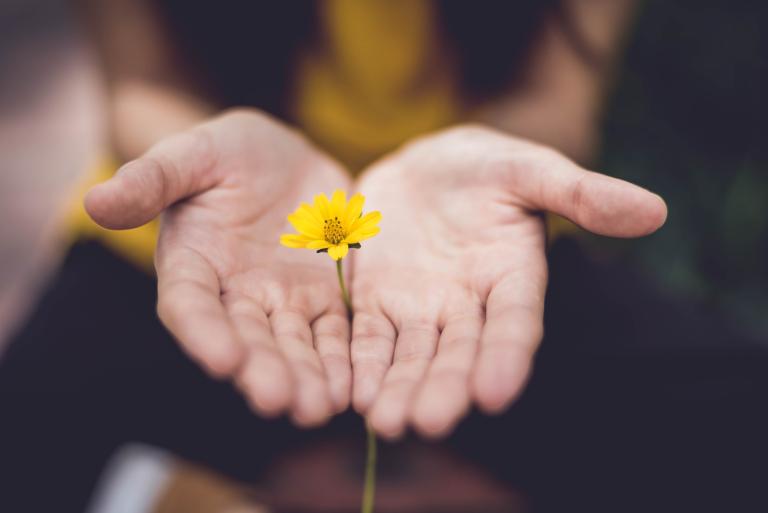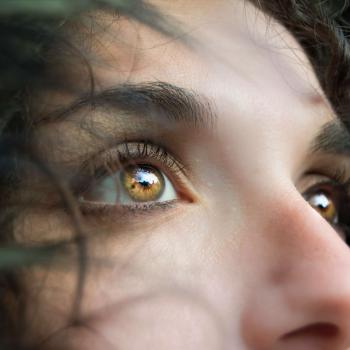
I’m sure that at some point you’ve witnessed this scene. You’re out to dinner and glance over at the table next to you—only to see that the entire family has their heads buried in their phones. Mom, Dad, teenage daughter, even preteen son. If you’re like me, you find something unsettling with this picture.
In my own home, we have an unspoken rule that bans smartphones and iPads from the dinner table. I once had someone tell me that they go a step further— she and her husband ban Internet devices from the bedroom. No TV either. This may sound over the top, but maybe it’s not. Because when you take away the external distractions, it allows you to be fully present to the person you are with. That’s important because as author Richard Moss points out:
The greatest gift you can give another is the purity of your attention.
Giving someone your full attention includes listening to what they have to say. As my wife occasionally reminds me, there’s a difference between listening and waiting to speak. When you are truly listening, you’re tuning in to not just the words of the speaker, but the feelings behind the words. You can sense the true meaning of what the person across from you is trying to get across.
The fact is the person you’re communicating with can usually sense when you’re paying full attention, as opposed to allowing their words to pass through one ear and out the other. When the person talking to you senses you are truly listening, they know their words and thoughts are valued. It enhances their feelings of self-worth, making them feel better about themselves—and about you.
Do you have trouble listening to others? Moss advises us that one key to being good at undistracted listening is to engage in a regular meditation practice. This helps build “the muscle of attention.” When we strengthen our ability to observe our thoughts and calm our mind through meditation, we’re better able to focus on the person talking to us, without “spacing out” or having our minds wander off.
Moss tells us we can then go a step further with a practice he calls “Sacred Attention.” In this exercise, while conversing with another, keep your focus on your breath and visualize positive energy (or “God’s infinite love”). Then, let this love flow through your entire being to the other person. For both parties, the result can be “sensations like warmth or heat, tingling or pressure, as well as a sense of love.”
A small gift you can give to a stranger: the wave
There’s another small gesture that increases civility and our connectedness to those around us. It comes from the author and life philosopher Seth Godin. It’s the wave, a simple and easy-to-do hand motion that can help each of us do our part to make our little slice of the world a better place.
This is not just the wave of hello, but a wave of acknowledgement. It’s a quick way to signal to someone your thanks for what they’ve done or to simply recognize them as a fellow human being. Below you’ll see Godin’s short essay on “the wave” in its entirety. Good advice we all should listen to.
When someone lets you into the flow of traffic, or holds a door, or takes a second to acknowledge you, it’s possible to smile and offer a wave in response.
This, of course, costs you nothing.
It creates a feeling of connection, which is valuable.
It makes it more likely that people will treat someone else well in the future.
And it might just brighten your day.
The simplest antidote to a tough day is generosity. Waves are free, and smiles are an irresistible bonus.













